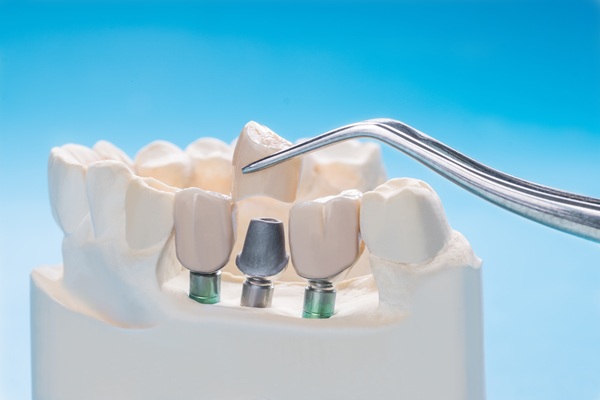 Periodontal disease affects millions of adults in the United States and necessitates a visit to the periodontist. Gum disease can cause tooth loss, which can lead to other health problems. Regardless of the condition's prevalence, it must be adequately treated because of its potential severity. It has no age or gender restrictions and can affect anyone.
Periodontal disease affects millions of adults in the United States and necessitates a visit to the periodontist. Gum disease can cause tooth loss, which can lead to other health problems. Regardless of the condition's prevalence, it must be adequately treated because of its potential severity. It has no age or gender restrictions and can affect anyone.
Periodontal disease stages
Periodontal disease is a chronic gum infection. Once it starts, it spreads from the gums to the jawbone, causing tooth loss and other systemic problems. Periodontal disease develops once plaque has built up and hardened, usually due to improper brushing and flossing habits. Periodontal disease has four stages, with only one of them being reversible.
Gingivitis (early stage)
Gingivitis is the first and only stage of gum disease that can be reversed because the bones are not yet affected. It is caused by plaque accumulation on the teeth. There are only a few signs of gingivitis, which mainly cause no discomfort. This is why periodontal disease is so prevalent and dangerous.
Periodontitis is asymptomatic at first and usually does not make an appearance until the fourth and final stage. Bad breath, gum swelling and inflammation, and bleeding when brushing or flossing are all early warning symptoms to look for. Gingivitis can be treated and reversed with good general oral hygiene and regular exams.
Mild gum disease
Gum disease at this stage is irreversible, but it can be controlled. The infection has migrated to the bone and is starting to cause damage. Oral hygiene will no longer be enough. There is a probing depth of 4-5 millimeters in the gums and common gum disease symptoms.
Moderate gum disease
The third stage of periodontal disease, like mild periodontal disease, is irreversible. The same symptoms as stage two appear at stage three. Probing depths of the gums increase to 6-7 millimeters, creating space for more bacteria to wreak havoc on the bones and even the entire bloodstream and immunological system.
Scaling and root planing are used to treat periodontal disease in stages two and three. These are deep cleaning procedures that remove bacteria deposits that have become embedded around the gums. This stage of periodontitis can lead to bone and tooth loss, gum sensitivity, more bleeding, and tooth shifting if left untreated.
Advanced gum disease
When periodontal disease progresses to its final stage, the infection worsens significantly. There is a higher chance of losing bone mass. Advanced gum disease causes red, inflamed, pus-filled gums, sensitivity, tooth loosening, painful chewing, and bad breath, in addition to bone loss. The periodontist will usually need to perform gum surgery to clean the periodontal pockets. Without treatment, patients may experience severe tooth loss, need dentures, and suffer general health issues.
In conclusion
It is critical to visit the periodontist and treat periodontal disease as soon as possible. Gum disease can be avoided or slowed down by visiting the dental office regularly for checkups and cleanings and maintaining good oral hygiene routines.
Request an appointment or call Brighton Periodontal & Implant Dental Group at 818-703-7733 for an appointment in our Woodland Hills office.
Recent Posts
People who are seeking healthy gums but are dealing with challenges with gingivitis can see an expert periodontist, a dental professional who has studied the structures that support the teeth. These include the gums, the jawbone itself, and the ligaments that help hold the teeth in place.Periodontists are trained dentists who focus their attention on…
Periodontics focuses on gum health. Keeping your gums healthy is the main goal of every treatment. Detecting any problem early leads to early treatment. You can also do your part in caring for your gums. Here are some tips from dental professionals who work in periodontics on how to have healthier gums.Bad bacteria in the…
When we go to the dentist or periodontist, one of the last things that we expect to hear is that we need gum recession treatment. However, gum recession happens to many people for many reasons. When it does happen, it is important to get it treated properly as soon as possible to avoid further damage.…


